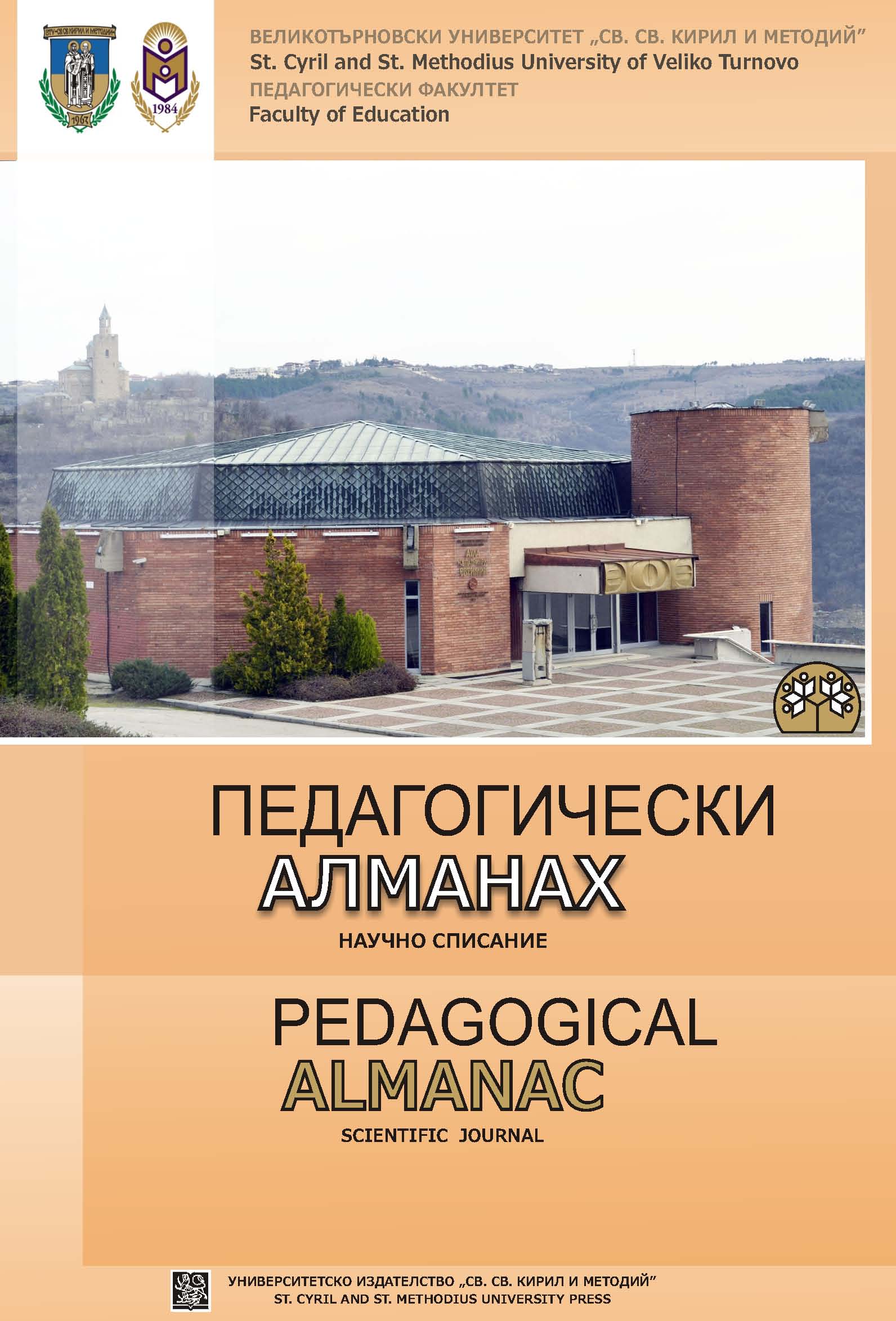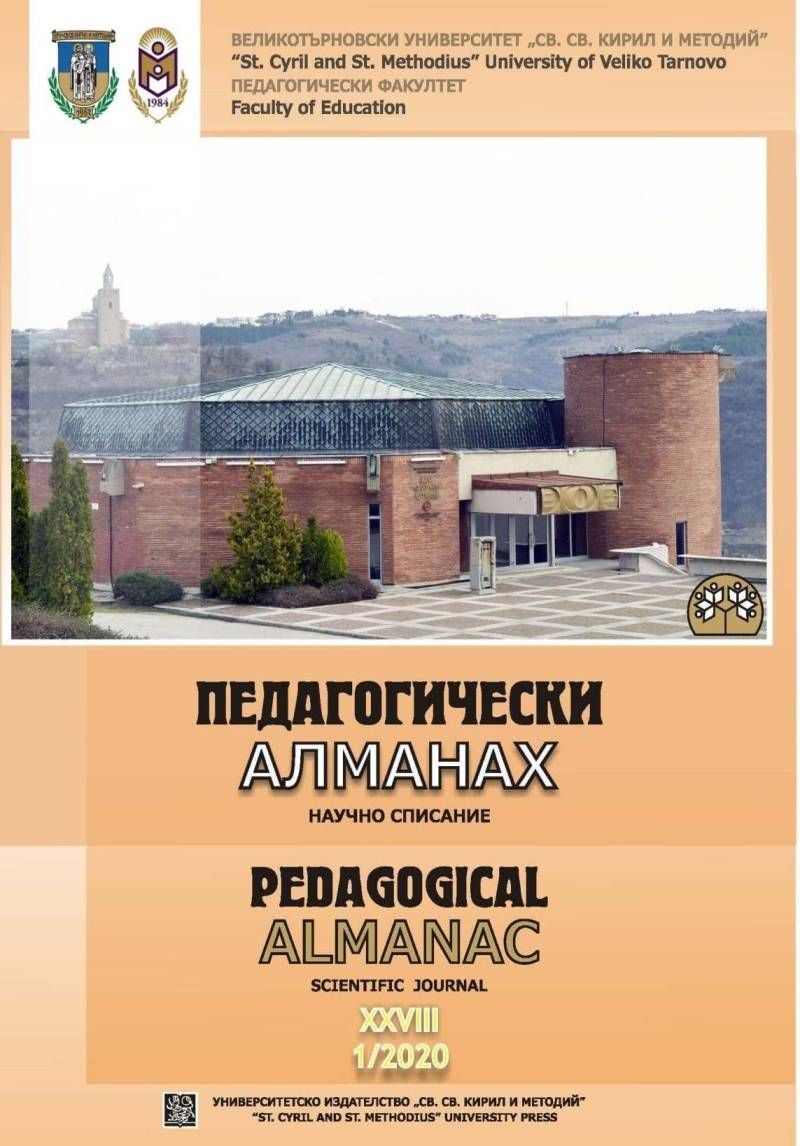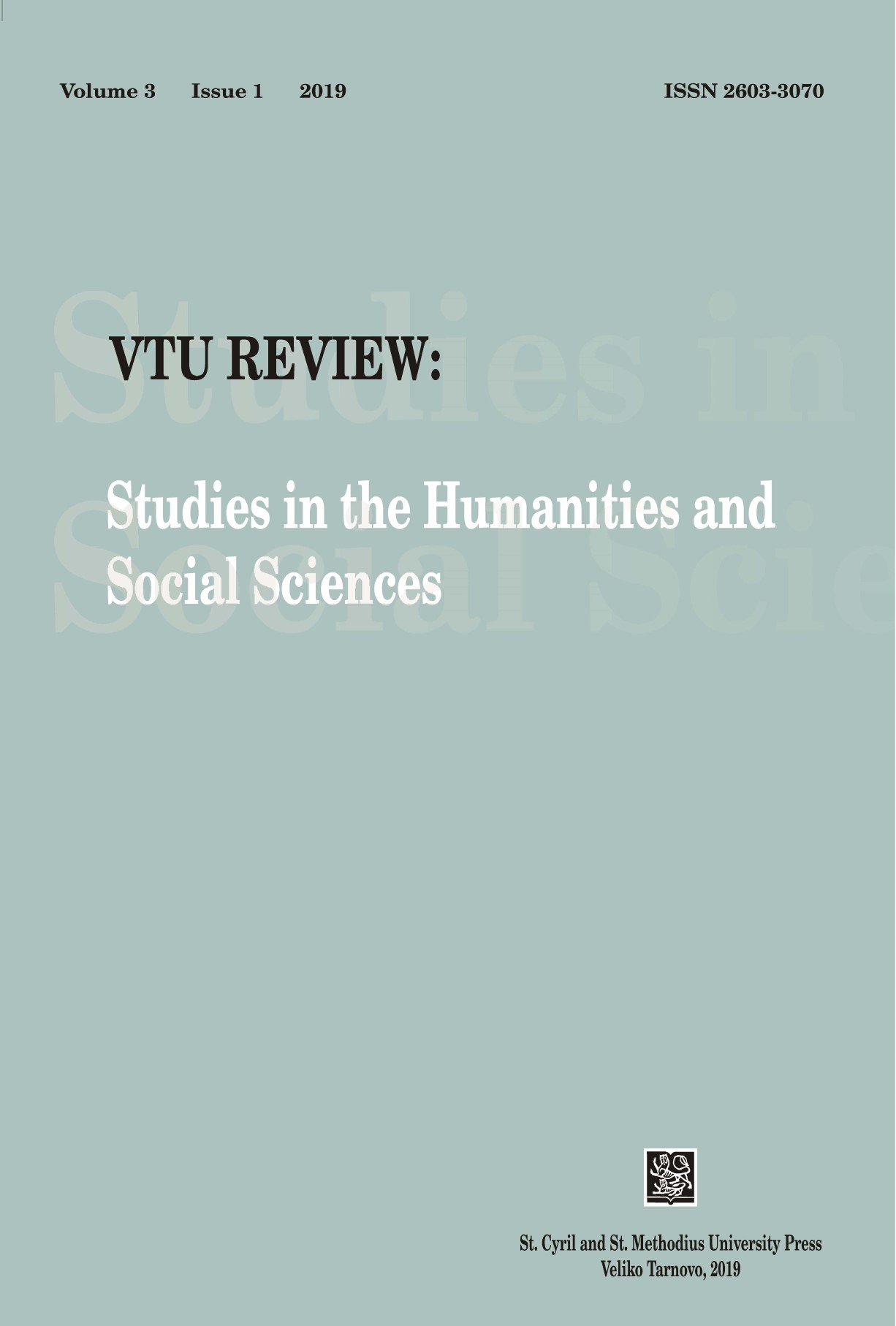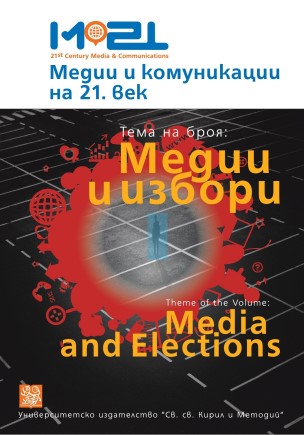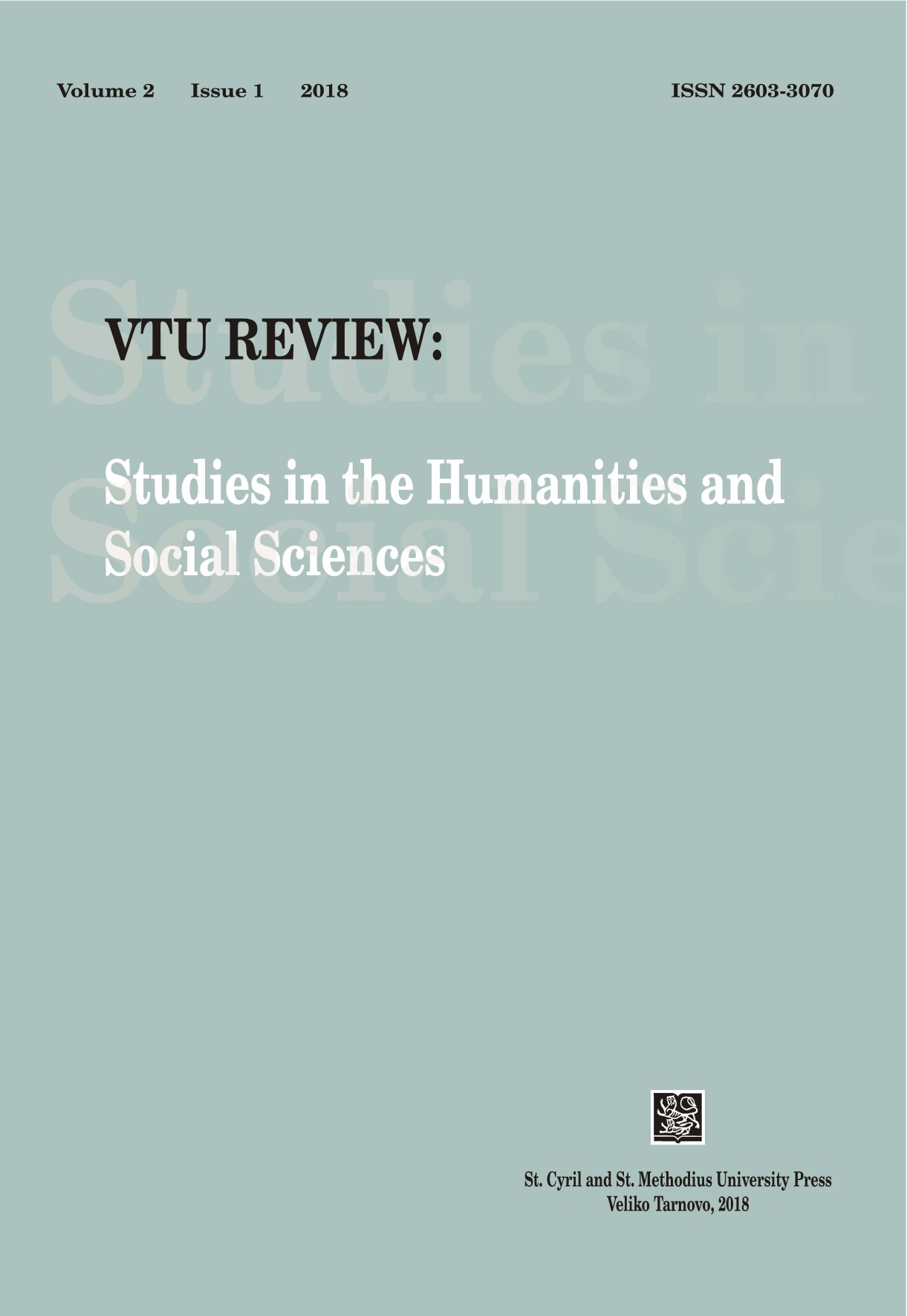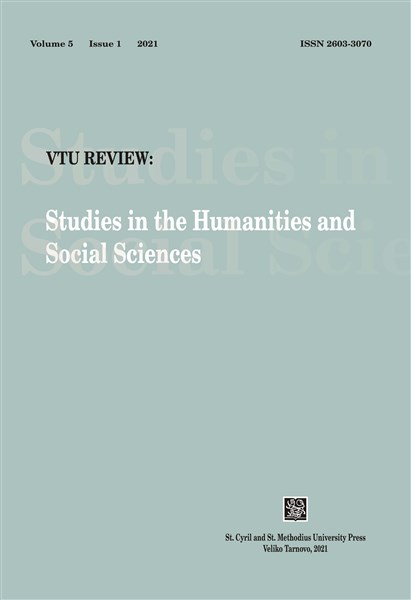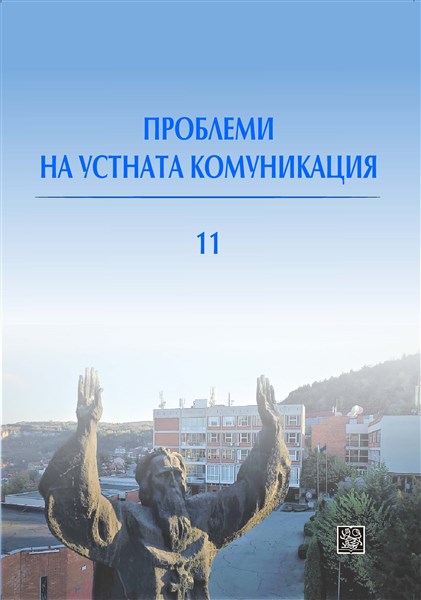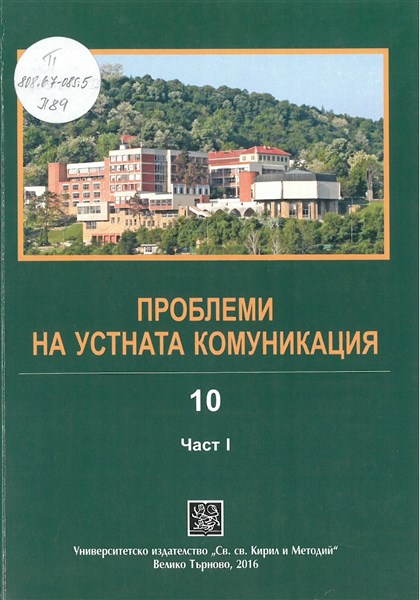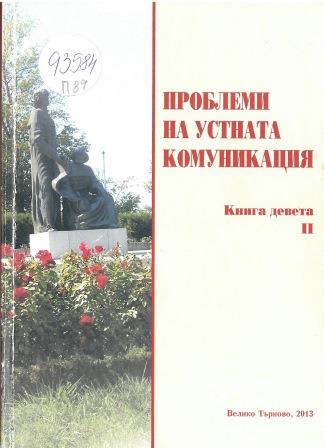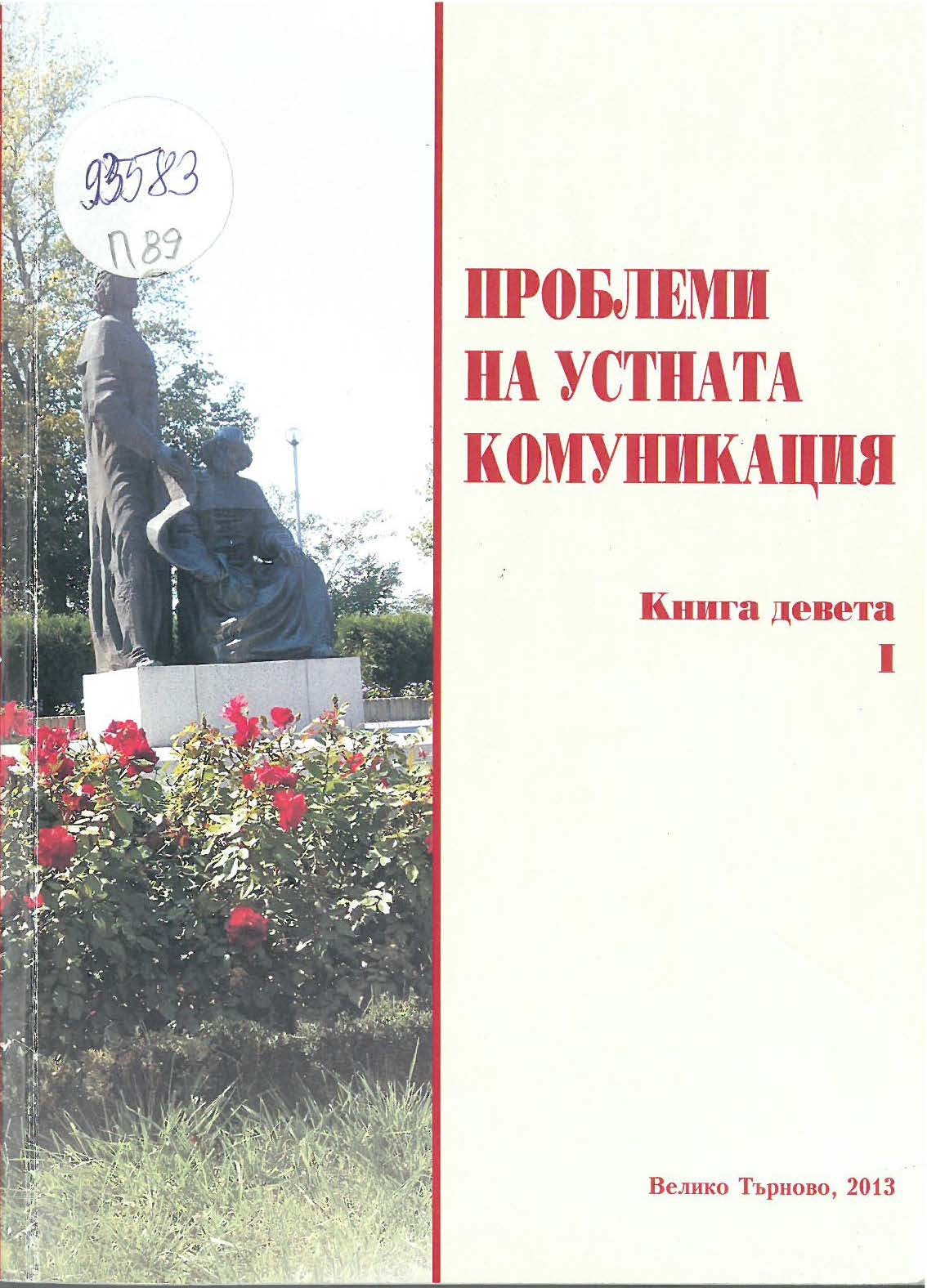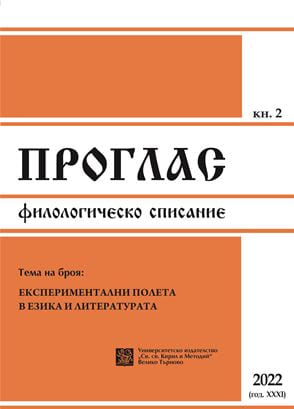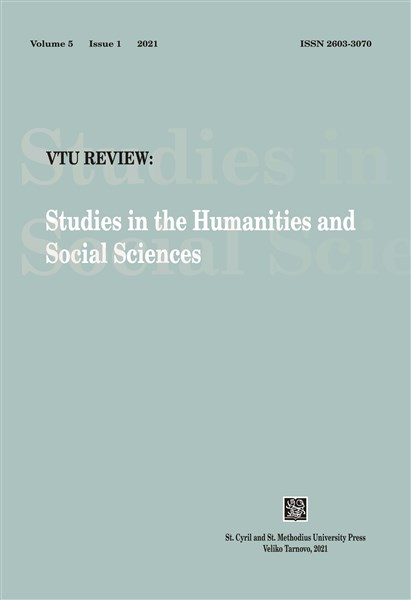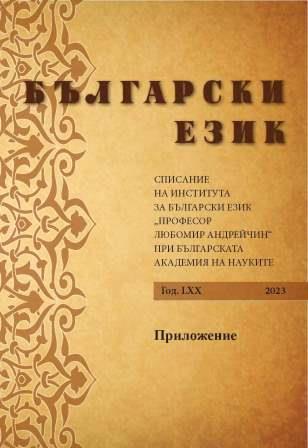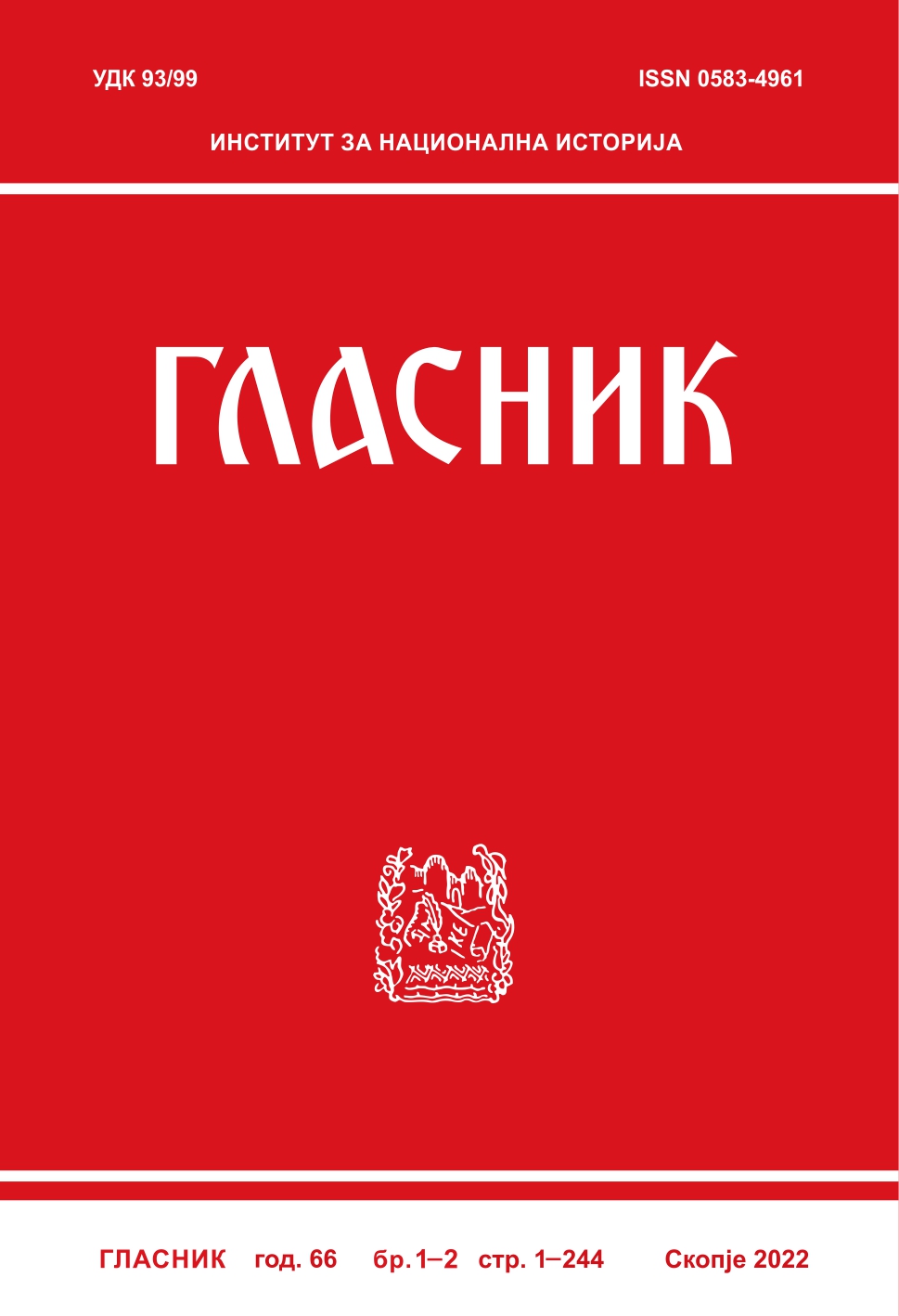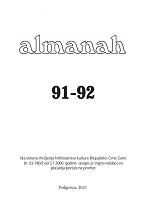Author(s): Mohammed Abdulsada,Balsam Yacoub / Language(s): Bulgarian
Issue: 2/2022
This study explores the politeness maxims implied in two refugee-centric speeches given by Lebanese prime minister Saad Al-Hariri and French president François Hollande. Drawing on Leech’s (1983) six-maxim politeness approach, the study aims at recognizing these maxims, describing their forms, and uncovering the intended purposes. The research, additionally, elaborates on sympathy as a key element in the pragmatic analysis of the two speeches sampled for analysis. To do so, a careful investigation of the words, phrases, and sentences is conducted so as to sort and highlight all sympathetic forms. Then, a brief comparison is made between the two speeches in terms of sympathy and politeness. To do so, a quali¬tative methodology is followed in the analysis, where frequencies are reached. First, the research intro¬duces the preliminaries of the study as to the definition of key terms, elaborates on politeness, draws on Leech’s politeness theory, and reviews a few related studies. Then, a sample of two speeches is chosen, analyzed, and investigated for politeness. Finally, the paper reaches a few conclusions and findings, in addition to some further studies. The paper finds that the two speeches under study are very sympathetic towards refugees and that the relevant references carry multiple forms of politeness maxims. The paper, also, reports a noticeable difference between the Arab discourse and the European discourse concerning refugees and their suffering.
More...
